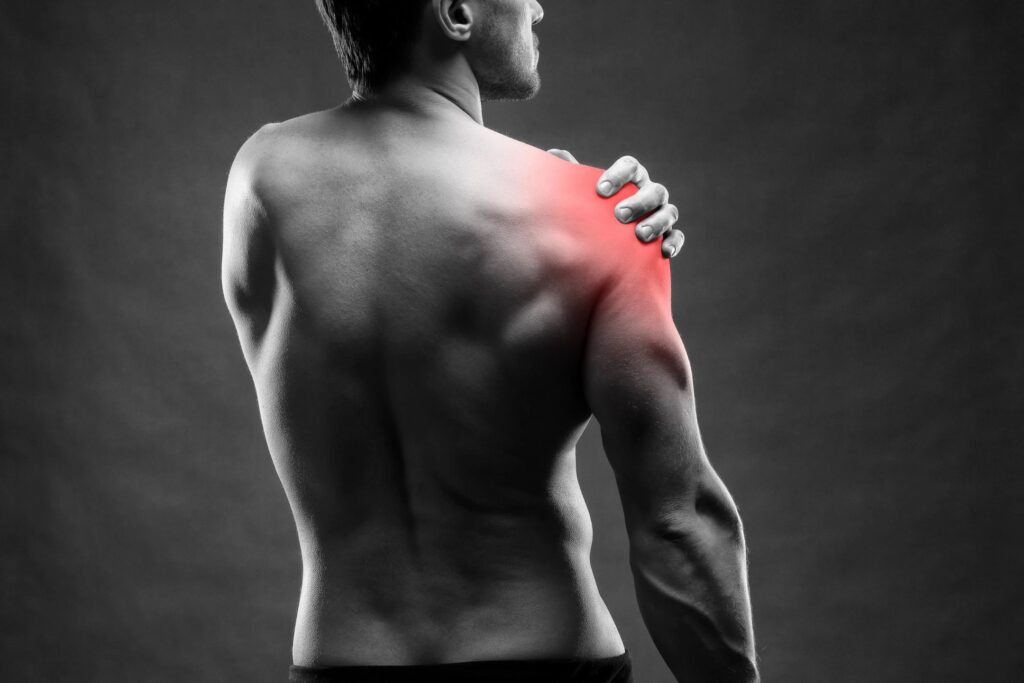Chronic back pain affects more than your spine—it impacts your mindset, your mood, and your entire quality of life. Millions of people suffer from ongoing back pain, but what many don’t realize is the powerful two-way street between pain and mental health. “Stress, anxiety, and depression can intensify physical pain—and chronic pain, in turn, can take a serious toll on your emotional well-being,” says Dr. Gbolohan Okubadejo, an NYC area Spinal and orthopedic surgeon.
How Your Mental State Can Worsen Back Pain
Stress = Muscle Tension + Inflammation
Ever notice your neck or shoulders tightening when you’re stressed? Chronic stress activates your body’s fight-or-flight system, releasing cortisol—a hormone that, over time, can heighten inflammation and pain sensitivity. For many, this creates persistent tension in the back and neck, fueling the pain loop.
Anxiety Feeds the Fear-Avoidance Cycle
Anxiety doesn’t just live in the mind—it heightens physical pain. Many people with back pain begin to avoid activities out of fear of hurting themselves, which leads to weakened muscles, less movement, and even more pain. This fear-avoidance cycle is one of the most overlooked drivers of chronic pain.
Depression: The Hidden Symptom
Depression and chronic pain often walk hand-in-hand. Low mood, fatigue, and a lack of motivation can amplify the experience of pain. And on a biological level, low levels of serotonin and norepinephrine—chemicals that influence both mood and pain—may explain why the two conditions frequently co-exist.
How Chronic Pain Impacts Mental Health
When Pain Becomes a Mental Burden
Living with pain day in and day out can wear anyone down. It chips away at resilience, independence, and even identity. Many sufferers report feelings of frustration, helplessness, and sadness—all of which can develop into anxiety or clinical depression.
Pain Wrecks Your Sleep—and Your Sanity
Back pain is a notorious sleep disruptor. When rest is poor, the body can’t heal, and mood declines. Studies show that pain-related insomnia can actually increase pain perception, creating a spiral of exhaustion, irritability, and increased discomfort.
Isolation and Work Stress Make It Worse
Chronic back pain doesn’t just hurt—it isolates. People may withdraw from social activities, stop exercising, or struggle to keep up with work, leading to a sense of loss, financial strain, and diminished mental health. Building a support system and seeking adaptive solutions are essential for recovery.
What Actually Helps? Holistic Strategies That Work
Mind-Body Therapies
Mindfulness meditation and cognitive behavioral therapy (CBT) can reframe how you relate to pain. A study funded by the NIH found that Mindfulness-Based Stress Reduction (MBSR) led to better outcomes for back pain sufferers than traditional care.
Movement Is Medicine
Low-impact exercises like tai chi, yoga, and qigong don’t just strengthen the body—they calm the mind. Research from the North American Spine Society Journal showed that a 12-week program reduced lower back pain significantly while improving mood and function.
Tools Beyond Pills
Medications like antidepressants may be helpful in cases where pain and mood are intertwined. Alternative options like acupuncture, massage, or even weighted blankets (shown in studies to reduce anxiety and improve sleep) can be powerful tools in a pain-management toolbox.
What’s the Takeaway?
A one-size-fits-all approach doesn’t cut it when it comes to chronic back pain. Yes, imaging (like MRIs or CT scans) and spine-specialist evaluations are essential—but so is acknowledging the emotional toll. For some, physical therapy and injections may be the key. For others, a combination of counseling, stress-reduction techniques, and lifestyle changes makes all the difference. The bottom line: back pain doesn’t just live in your spine—it lives in your story. And healing means treating both the pain and the person behind it.

